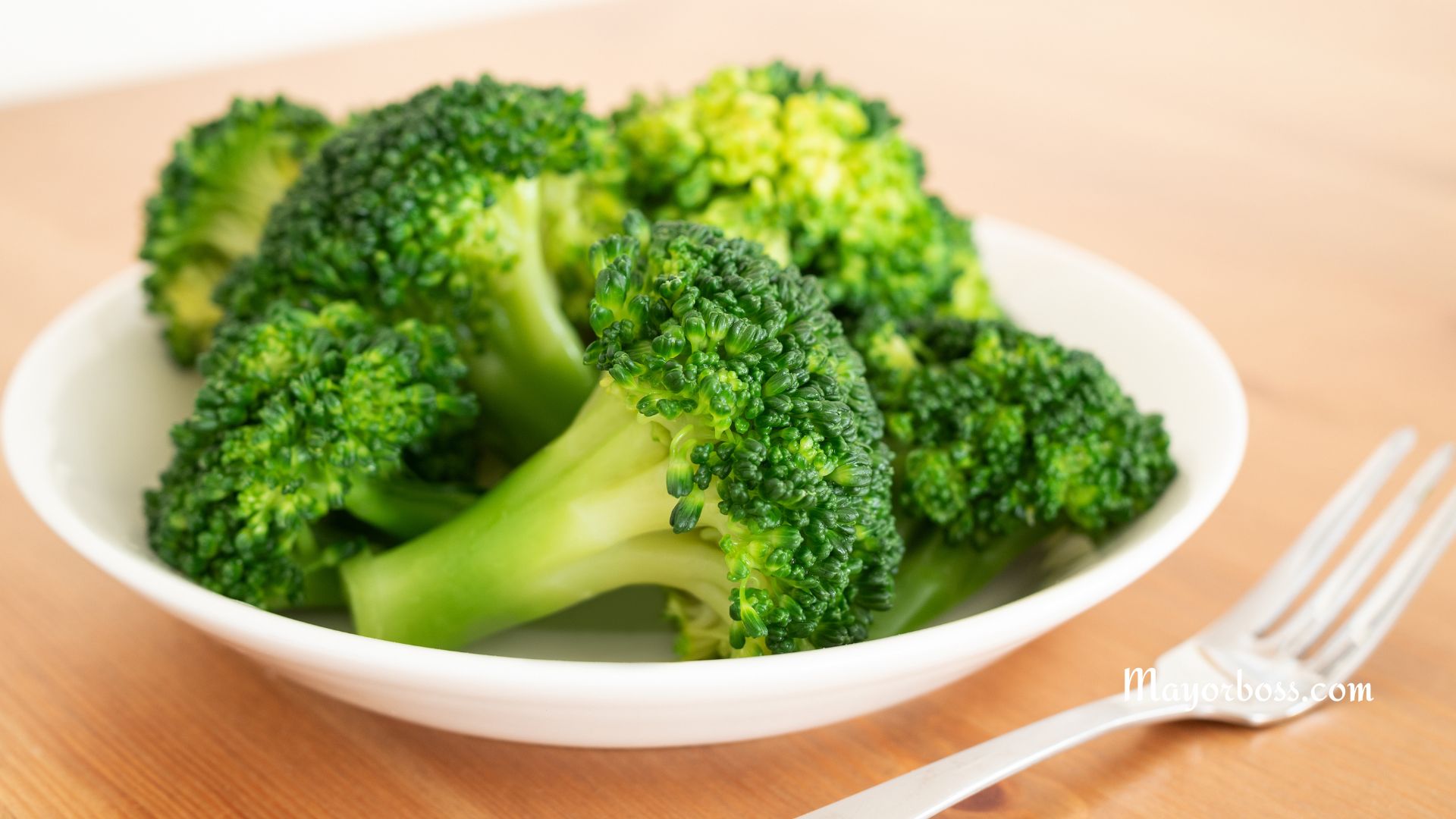10 Health Benefits of Mushrooms
In the space of nutritious foods, mushrooms often don’t get the spotlight they deserve. Yet, they are a powerhouse of essential nutrients and offer a multitude of health benefits.
Let’s explore the top ten benefits of mushrooms that can give you convincing reasons to include them in your diet more often.
Benefits of Mushrooms
1. Rich in Nutrients
One of the primary benefits of mushrooms is their impressive nutrient profile.
They are typically low in calories, high in fiber and protein, as well as filled with vitamins and minerals.
Specifically, mushrooms are a good source of B vitamins, selenium, potassium, and copper.
2. Powerful Antioxidants
Mushrooms are a rich source of antioxidants, which greatly help protect the body against damage from harmful free radicals.
In particular, selenium, Vitamin C, choline, and ergothioneine found in mushrooms are potent antioxidants.
3. Boost Your Immune System
Studies suggest that mushrooms can enhance the immune system.
Beta-glucans, a type of fiber found in mushrooms, have been shown to stimulate the immune system and combat pathogens.
4. May Reduce Your Risk of Heart Health
Mushrooms may be beneficial for heart health.
They are high in fiber, potassium, and vitamin C, all of which contribute to cardiovascular health.
Not to mention, mushrooms are a major source of B vitamins such as niacin, pantothenic acid, and riboflavin, which actually help support heart health.
Furthermore, certain types of mushrooms contain phytonutrients that can prevent cells from sticking to blood vessel walls, reducing the risk of heart disease.
5. Aids in Digestion
The dietary fiber in mushrooms aids in digestion and prevents constipation.
Additionally, mushrooms contain a type of fiber called beta-glucans that supports gut health.
6. May Aid in Weight Management
As a low-calorie, high-fiber food, mushrooms can be a great addition to your diet if you’re trying to manage your weight.
They are also high in protein, which can help keep you feeling full and satisfied.
7. Bone Health
Mushrooms, particularly white button mushrooms, are a good source of vitamin D, a nutrient that plays a vital role in bone health.
Vitamin D generally helps your body absorb calcium and phosphorus, essential minerals for bone strength and density.
8. Skin Health
Mushrooms contain antioxidants and vitamins that can benefit your skin.
The antioxidants in mushrooms can help protect the skin from damage, delay signs of aging, and contribute to a healthy complexion.
Furthermore, mushrooms contain high levels of B vitamins like riboflavin, niacin, thiamine, and pantothenic acid, which are involved in the health and renewal of skin cells.
9. May Support Brain Health
Certain types of mushrooms, such as Lion’s Mane, are believed to boost cognitive function.
They contain compounds like choline that encourage the growth of brain cells as well as protect them from damage.
10. Potential Cancer-Fighting Properties
Some studies suggest that certain types of mushrooms contain compounds that might prevent cancer cells from growing and reproducing.
However, more research is needed to confirm these potential benefits.
What are the different types of mushrooms?
There are numerous varieties of mushrooms, each with its own unique flavor, texture, and nutritional profile. Here are a few commonly consumed types:
- Button Mushrooms: These are the most commonly eaten mushrooms and have a mild taste that intensifies when cooked.
- Cremini Mushrooms: These are a variety of button mushrooms that are a bit older. They have a deeper flavor and are great for sautéing or roasting.
- Portobello Mushrooms: These are fully matured Cremini mushrooms and are known for their large size and meaty texture.
- Shiitake Mushrooms: These are popular in Asian cuisine and have a rich, earthy flavor.
- Oyster Mushrooms: Oysters have a delicate flavor and a velvety texture. They’re commonly used in stir-fries.
- Maitake Mushrooms: Also known as hen-of-the-woods, these mushrooms have a unique ruffled appearance and a rich, woodsy taste.
- Enoki Mushrooms: These have a mild flavor and crunchy texture, making them perfect for soups and salads.
- Chanterelle Mushrooms: Known for their bright yellow color and fruity aroma, they’re commonly used in gourmet cooking.
Frequently Asked Questions About Mushrooms
While some mushrooms can be eaten raw, like button, oyster, and shiitake mushrooms, others should be cooked to break down the potentially harmful compounds they contain. Cooking mushrooms can also make some nutrients more available for absorption.
Yes, you can eat mushrooms every day. They are low in calories and a good source of essential nutrients. However, like with all foods, it’s important to consume them as part of a balanced diet.
Most edible mushrooms are safe to consume, and side effects are rare. However, some individuals may have allergies to certain types of mushrooms. Always make sure to eat only mushrooms that have been properly identified as edible.
Mushrooms are often used as a meat substitute in vegetarian and vegan diets due to their hearty texture and high protein content.
However, while they’re a good source of some nutrients like fiber and certain vitamins, they don’t provide all the nutrients found in meat, so health experts and nutritionists
strongly advise they shouldn’t be substituted for meat.






